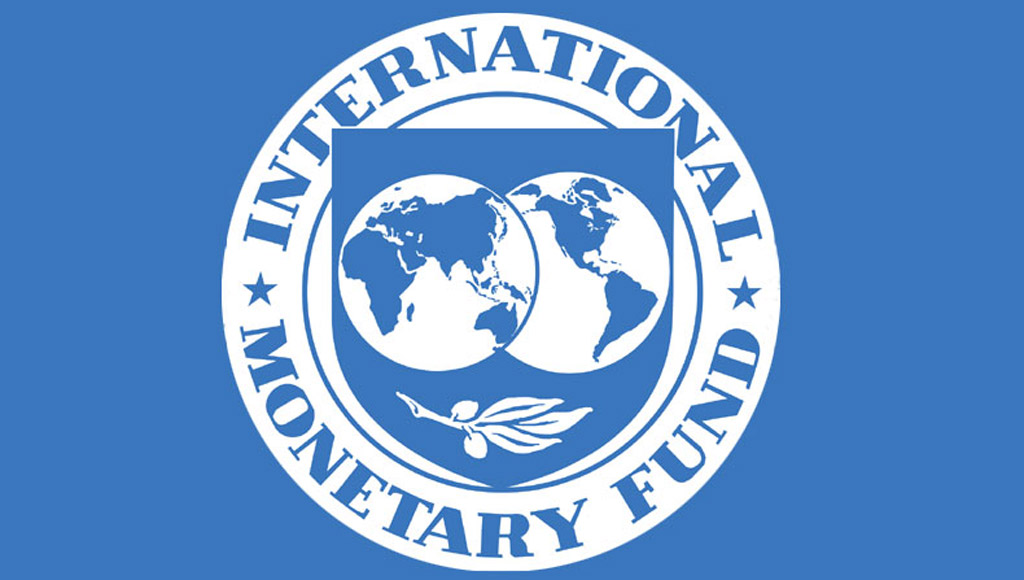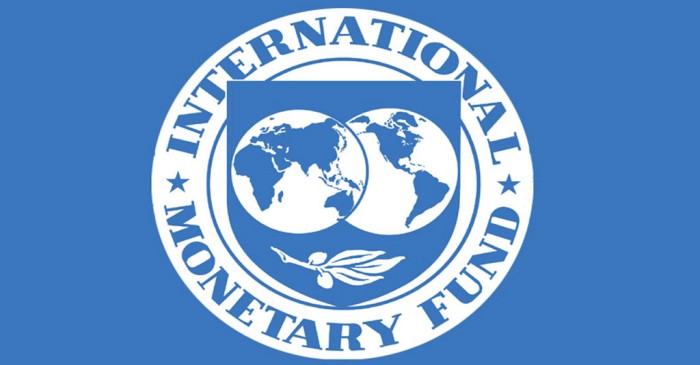
The International Monetary Fund has recommended limiting loans and quasi-financial activities provided to various institutions from the foreign exchange reserves.
An IMF review team, led by mission chief Chris Papageorgiou, is currently in visiting Dhaka to assess progress on loan conditions and discuss the next tranche of the $5.5 billion loan programme.
The review will continue until November 13.
During the meeting on Sunday, the central bank has informed IMF that it has already reduced the size of the Export Development Fund from $7 billion to $2.22 billion.
Furthermore, other loans that have been extended from reserve will also be reduced, although it is not feasible to cut them all at once, BB officials said.
IMF discussed the matter in a meeting held on Sunday with several executive directors and officials from various levels of Bangladesh Bank.
BB also working to minimise the EDF size to $2 billion. However, a sudden reduction would harm the export sector.
Under the IMF loan programme, Bangladesh Bank is calculating its reserves according to the IMF’s BPM6 manual.
According to this method, the $2.22 billion for the EDF, $20 million for the Green Transformation Fund, $3.85 million for the Long-Term Financing Facility fund, $4.8 million provided to Bangladesh Biman through Sonali Bank, and the deposit in the International Islamic Trade Finance Corporation are not counted as part of the reserves.
These are, however, shown in a separate accounting.
According to Bangladesh Bank data, the foreign exchange reserves under BPM6 increased to $27.54 billion as of October 30.
Under the central bank’s own accounting method, the reserves stood at $32.14 billion dollars, highest level in the past 31 months.
Before the fall of the Awami League government, the reserves under BPM6 had dropped to $20.48 billion dollars.
In August 2021, the reserves had reached at $48.06 billion.
In a separate meeting on Sunday, governor Ahsan H Mansur, four deputy governors, and other senior officials discussed inflation.
The governor stated that inflation has not reached the desired level due to rice prices, although it has come down from being in double digits for a long time to a somewhat tolerable range now.
The central bank will not reduce the key policy interest rate, the repo rate, until inflation falls below 7 per cent.
